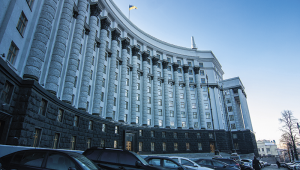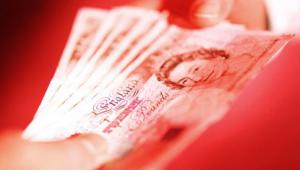Late in October, global financial advisory firm Appleby posted a curious statement on its website, stating it had been contacted by the International Consortium of Investigative Journalists (ICIJ) regarding a massive data leak from its offices. The strength of the statement, robustly denying any wrongdoing, and the mention of the consortium showed something big was afoot. A year earlier, the ICIJ had coordinated the biggest ever exposé of the secretive offshore finance industry – the Panama Papers – which toppled governments, kick-started criminal investigations and led to global outcry.
On Sunday 5 November, 95 ICIJ media partners worldwide exposed their revelations. They called them the Paradise Papers.
The Paradise Papers are 13.4 million files leaked from two firms that provide professional financial and corporate services to global elites. The companies worked with a global network of accountants, lawyers and bankers to help manage and hide eye-watering amounts of money from tax collectors and law enforcement agencies.
Many of these complex networks are based in Britain’s overseas territories and crown dependencies. Alongside low tax, they provide secrecy through “anonymous” companies – entities with no public record or trace. The disclosures have brought the real owners of these companies out of the shadows.
Many of the Paradise Papers concern the legal but ethically questionable practice of tax avoidance, which has cost tens if not hundreds of millions of pounds to national budgets around the world. The stories also highlight an even more sinister, illicit practice.
Opacity provided by anonymous companies is widely used to help launder the proceeds of corruption – money stolen from public funds, taken in bribes or made from dodgy business deals. Our research has found they have been particularly useful for laundering billions of pounds of corrupt wealth into UK property, and providing cover to those moving tens of billions of pounds in illicit funds around the world.
They are also a great way to hide blatant conflicts of interest, which are often banned to prevent the misuse of public office.
The UK has been taking steps to address its role in facilitating global corruption. Last year, it introduced corporate reporting requirements so people can see who controls firms registered here. It also brought in powers to make it easier to seize corrupt money coming into the UK. Prime minister Theresa May has said the government is exploring how to keep corrupt wealth out of the UK. However, the opacity provided by overseas territories and crown dependencies continues to undermine global efforts to tackle global flows in illicit wealth and block attempts to uncover wrongdoing.
We propose three measures to be implemented with haste:
⦁ Introduce transparency over anonymous companies owning UK properties: lifting the veil of secrecy is key to identifying illicit wealth. The government has promised to bring in legislation on this before April 2018, but there’s no sign of it yet.
⦁ Work with the overseas territories and crown dependencies to open up their corporate registries: until the beneficial owners of companies based in these jurisdictions are made public, they have a reputation as dodgy offshore havens for corrupt individuals.
⦁ Publish and implement an anti-corruption strategy: the government was due to publish this by the end of 2016, so it’s long overdue. This is integral to ensuring the UK takes a coordinated, effective approach to tackling global corruption.
If anything can be learnt from the Paradise Papers, it’s that doing nothing will only lead to more leaks, more scandal and more embarrassment. And, as the UK renegotiates its relationship with the world, this is the last thing it needs.





















